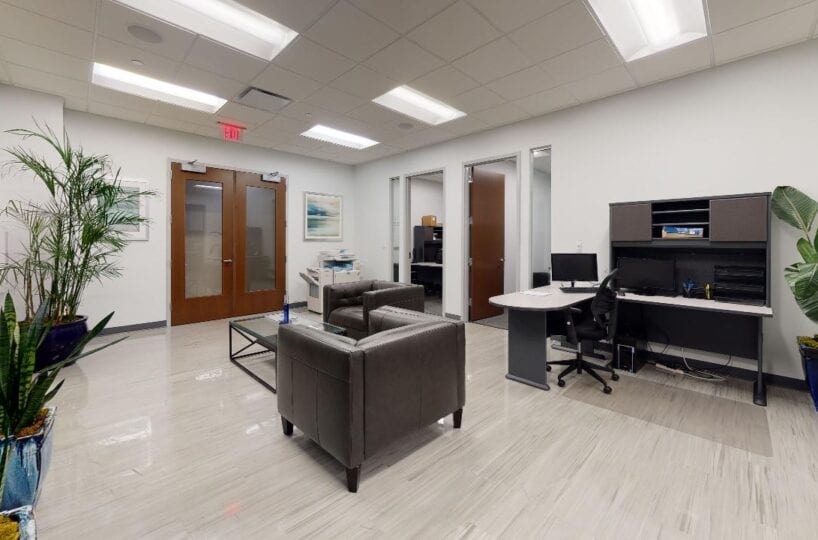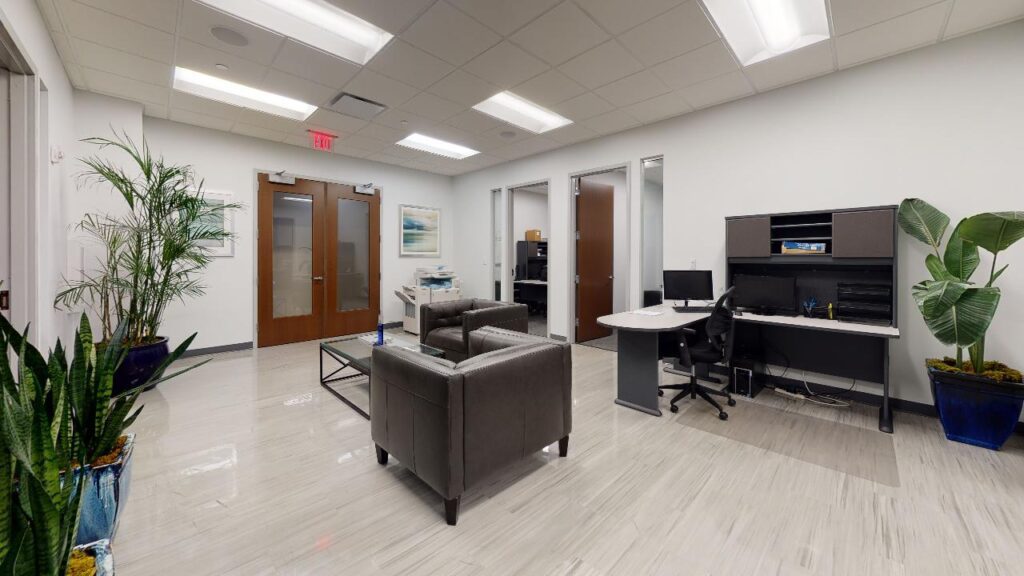Choosing the Right Office Space: A Comprehensive Guide
Selecting an office space is one of the most crucial decisions for any business. The right environment can significantly influence productivity, employee well-being, and even overall company success. This guide aims to explore the various types of office spaces available and their suitability for different business needs.

Understanding Office Space Options
Finding the ideal office space involves a thorough assessment of your business goals, industry specifics, and employee needs. Keep these foundational questions in mind:
- What is your business model?
- What are your future goals?
- What kind of atmosphere do you want for your team?
These considerations will inform the type of office space you should pursue. Below is an overview of the primary office space types.
Traditional Office Space
Ideal For:
- Financial services
- Law firms
- Hedge funds
Characteristics:
- Reception Area: Welcomes clients and visitors.
- Boardroom: A place for meetings and decision-making.
- Bullpen Area: Shared workspace for junior employees, while senior roles have private offices.
Pros:
- Professional Image: Creates a trustworthy appearance to clients.
- Quiet Work Areas: Ideal for handling confidential matters.
Cons:
- High Costs: Maintenance and rental expenses can be significant.
- Less Flexibility: Harder to accommodate unique employee perks like relaxation areas or collaborative zones.
Creative Office Space
Ideal For:
- Startups and tech companies
- Creative industries (advertising, design)
Characteristics:
- Open Floor Plans: Encourages collaboration and flexibility.
- Modern Features: Standing desks, large communal tables, and a relaxed atmosphere.
Pros:
- Enhanced Creativity: Promotes innovation through open interaction.
- Employee Well-being: Better access to natural light and greenspaces enhances comfort.
Cons:
- Noise and Distraction: Open layouts can lack privacy.
Innovative Design Elements:
Consider using roll-up garage doors that connect indoor office spaces to outdoor patios or balcony decks, creating a seamless working experience.
Contiguous Office Space
Ideal For:
- Large firms requiring diverse office sizes.
Characteristics:
- Adjacent Offices: Spaces can be on the same floor or spread throughout a building but remain close.
Pros:
- Reduced Distractions: Fewer individuals in one area can help maintain focus.
Cons:
- Separation of Teams: Risk of creating silos in communication.
Best Practice:
Utilizing a shared conference room can foster collaboration while still maintaining office adjacency.
Coworking Space
Ideal For:
- Startups and freelancers
- Temporary project teams
Characteristics:
- Flexible Layout: Shared desks, breakout rooms, and communal kitchens.
- Networking Opportunities: Interactions with professionals from diverse sectors.
Pros:
- Cost-effective: Short-term leases reduce financial commitments.
- Community Building: Great for collaboration and learning from peers.
Cons:
- Less Privacy: Shared spaces may not suit all workstyles.
Coworking spaces are emerging as popular alternatives for entrepreneurs, offering the flexibility to adapt as the business evolves. They offer a platform that promotes networking and collaboration among diverse teams.
Conclusion
Selecting the right office space requires an understanding of your business needs, employee preferences, and budget considerations. Each office type has its unique advantages and disadvantages, and aligning them with your business model is vital for long-term success.
For more information on finding your ideal office space, consider exploring Demetree Real Estate’s office listings.
By taking the time to assess your options, you can create an environment that enhances productivity, supports company culture, and aligns with your vision for the future.


